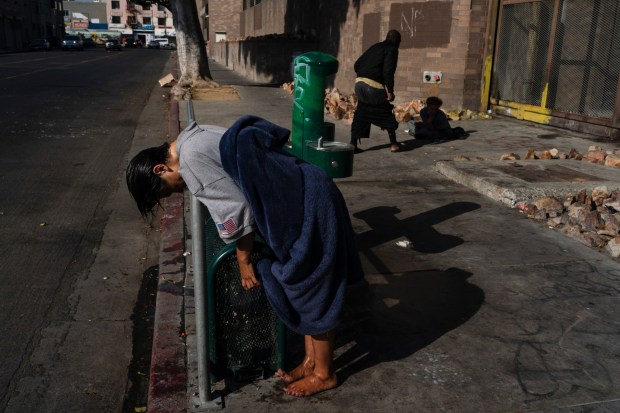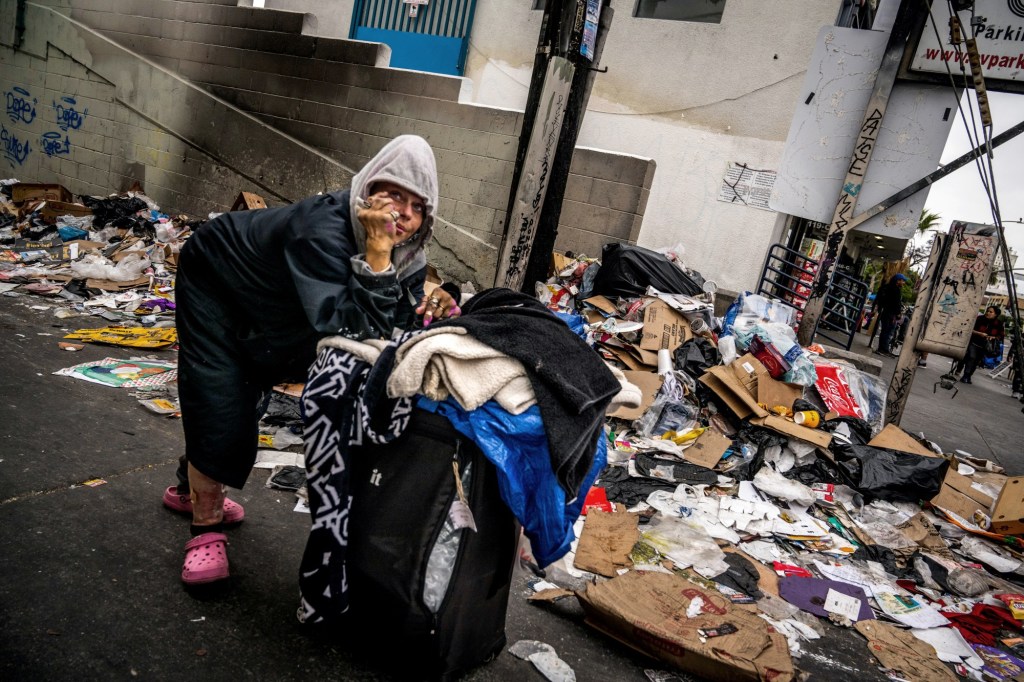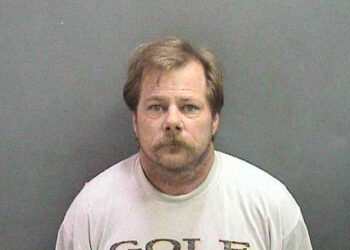Stop us if this sounds familiar.
These mental health homes have grown exponentially in California — but especially in Orange County. They provide 24-hour-a-day, nonmedical care and supervision to adults recovering from mental illness who need assistance, guidance or counseling. And the government’s well-intentioned eagerness to get mentally ill and addicted folks off the streets promises that thousands more will open in the near-ish future, with regulators paying more attention to the number of fire extinguishers than to ensuring programs actually work.
This may sound a lot like the (fraud-riddled) residential addiction treatment homes found in so many SoCal neighborhoods — but, technically, it’s not. Addiction treatment centers are licensed by the state’s Department of Health Care Services and must abide by an increasingly stringent (though not nearly stringent enough) set of laws aiming to protect vulnerable addicts from exploitation — many of which came in the wake of the Southern California News Group’s reporting on fraud, sexual assault and death on the Rehab Riviera.
These, however, are “social rehabilitation facilities” — a different beast, licensed by a different branch of state government. Social rehabs say they can treat the very serious behaviors that often accompany addiction — depression, anxiety, trauma, grief, schizophrenia, bipolar disorder, suicidal ideation, psychotic disorder, personality disorder, “dual diagnosis and co-occurring disorders,” and so on.

They tout “exceptional clinical teams” providing “a unique and effective combination of psychiatry, psychotherapy, and integrative therapy” at luxurious homes offering gourmet meals, swimming pools, yoga, meditation, massage, acupuncture, full gyms.
They’re often found in tract homes. They’re often run by some of the same businesses that run licensed addiction treatment centers. They often accept some of the same private-pay insurance. And they’re…
Read the full article here







